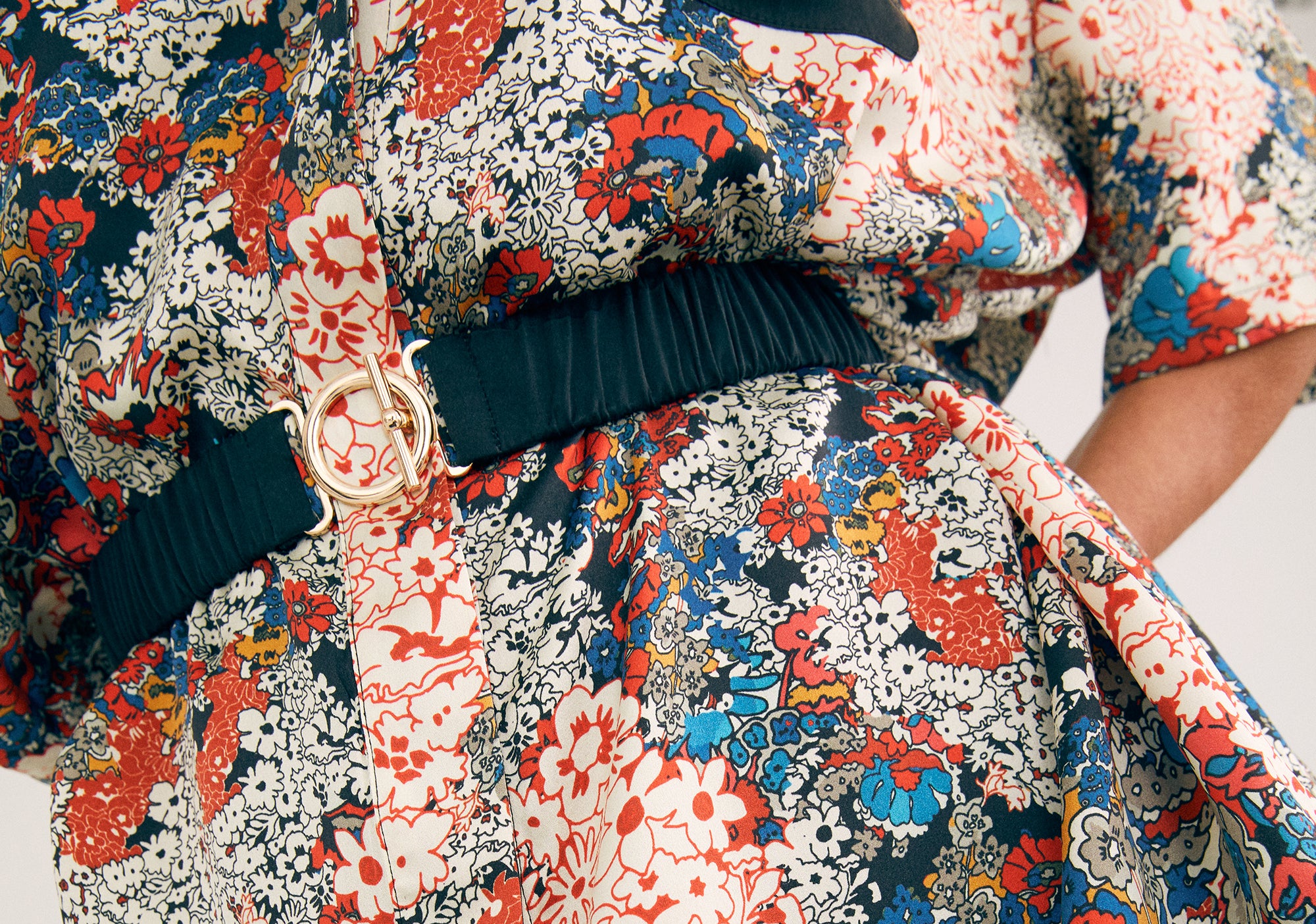
Protecting Our Pollinators
Q: What does Tequila, chocolate and avocadoes have in common?
A: They are all produced through pollination. Specifically, they are produced by plants that can only be pollinated by bats.
What is Pollination?
Pollination is the process in which pollen grains from the male portion of the flower, is transferred to a female part of the flower named the pistil. The pollen then grows down the pistil until it fertilizes the ovule at the bottom. A fertilized ovule then turns into a seed, which can then turn into a fruit.
While some plants are able to self-pollinate, most depend on creatures to assist with the pollination process. Some of these creatures include bees, butterflies and bats. Bees and butterflies are mostly responsible for pollinating plants during the day, whilst bats pollinate and spread seeds at nighttime.
Why is this important?
Most plants require animals to complete the pollination process by distributing pollen in the flower or cross-pollinating species. All of these creatures have important roles to play in ecosystems and the loss of one species could result in some ecosystems collapsing. The end result of pollination is the growth of flowers, fruit and trees which in turn produces atmospheric oxygen. With rising climates, we are starting to see an increase in these important species declining, especially bats.

Bats
Bats account for 20% of the worldwide mammal population and are responsible for 90% of reforestation. They act as large nocturnal bees, travelling up to 40km a night in search for food. Some of their dependent plant species include Eucalyptus trees, Cacao tree and the Agave Plant (Tequila!)
Bees
Bees play a very important role in the ecosystem with honey bees currently responsible for pollinating most of our everyday food items. If bees were to go extinct or even have a large decrease in their population, we would survive but life would be very, very different. Coffee for example, would either not exist or be very rare if it wasn't for bees, as the plant only opens for pollination 3-4 days a month. With bees responsible for pollinating around 1-2 thirds of our food, we also have to keep in mind that all the animals that rely on this food could also face extinction.
Butterflies
When first thinking of pollination, we usually don't think about butterflies straight away. In fact, butterflies are just as important as bees. According to scientists, butterflies are not just responsible for pollinating flowers but also act as a food source for other important creatures such as bats. Butterflies are cold-blooded and so they tend to travel to warmer areas when winter comes.
Sadly, with rising climates and personal vendettas, we are starting to see a sharp increase in the decline of these very important creatures. Whilst scientists and organisations around the world are working together to protect these species, the reality is that they cannot do it alone. As I hope you can understand by reading the above, the extinction of just one species can greatly affect our ecosystems and change life as we know it.
If you would like to learn more or help in whichever way you can, please see the below links.




